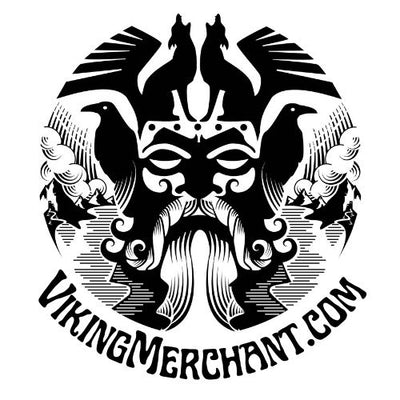Viking Women: A Beacon of Rights in the Early Medieval World
Posted by Amber Lee on
When it comes to ancient civilizations, the rights and roles of women can often be a point of contention and misconception. However, Viking women, with their unique societal position and the rights they held, stand as an inspiring example in early medieval history. Let’s delve deeper into the world of Viking women and the rights they enjoyed during an era where gender equality was more the exception than the rule.

In contrast to many other societies of the time, Viking women had the right to own and inherit property. They could be the rightful owners of the land, manage its affairs, and even pass it on as inheritance. This autonomy allowed Viking women to wield considerable influence within their communities.
Viking marriages were often arrangements for political or economic reasons, much like in other cultures. However, what set the Vikings apart was the agency women had within these unions. If a Viking woman found herself in an unhappy or abusive marriage, she had the right to request a divorce. Following the dissolution of the marriage, she could reclaim her dowry, ensuring her economic independence.
While the men were away on voyages or raids, the women managed the homesteads. But their roles were not limited to domestic chores. Viking women were skilled craftswomen, especially in the intricate art of weaving. They also played a vital part in trade, often managing and representing their family's interests in local markets.
While it's a topic of ongoing debate, there's evidence to suggest that some Viking women took on the role of warriors. Known as "shieldmaidens,” these women would have been trained in combat and participated in raids and battles alongside men. Recent archaeological discoveries, like the Birka burial, hint at the existence of these female warriors.
Viking beliefs centered around the idea of an afterlife, with the deceased journeying to realms like Valhalla or Hel. Women, just like men, were given elaborate burials that reflected their status and achievements in life. These graves often contained personal belongings, weapons, and even ships, signifying the respect and honor Viking society held for its women in death as in life.
Viking women often held positions of spiritual importance. As seeresses or "völvas", they were revered for their supposed ability to foresee the future and were considered intermediaries between the mortal world and the divine. Their roles in rituals and ceremonies underscored their societal importance.
Viking women, with the rights and responsibilities they held, challenge many preconceived notions about gender roles in ancient societies. Their ability to own property, end marriages, participate in trade, and possibly even engage in battle showcases a society where women were seen as partners and equals, rather than mere possessions or afterthoughts. Their legacy serves as a testament to the Viking's progressive outlook on gender roles, painting a richer, more nuanced picture of Viking society as a whole.
